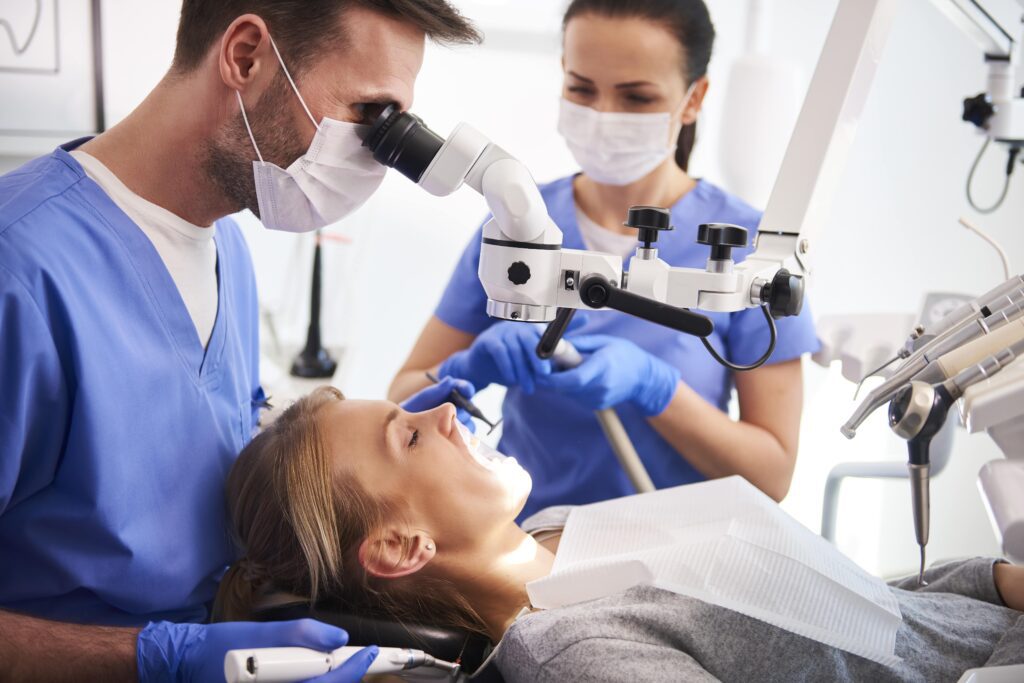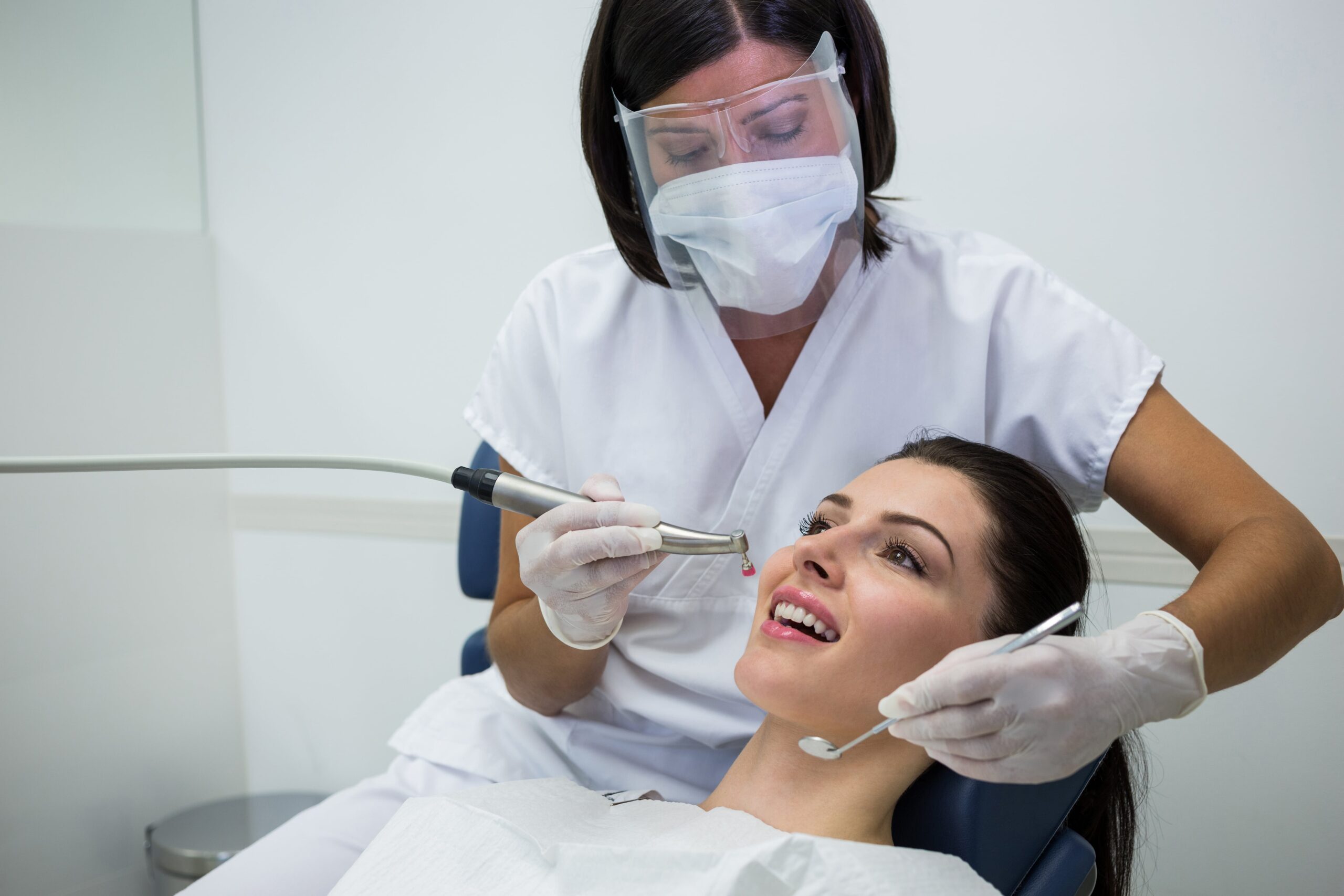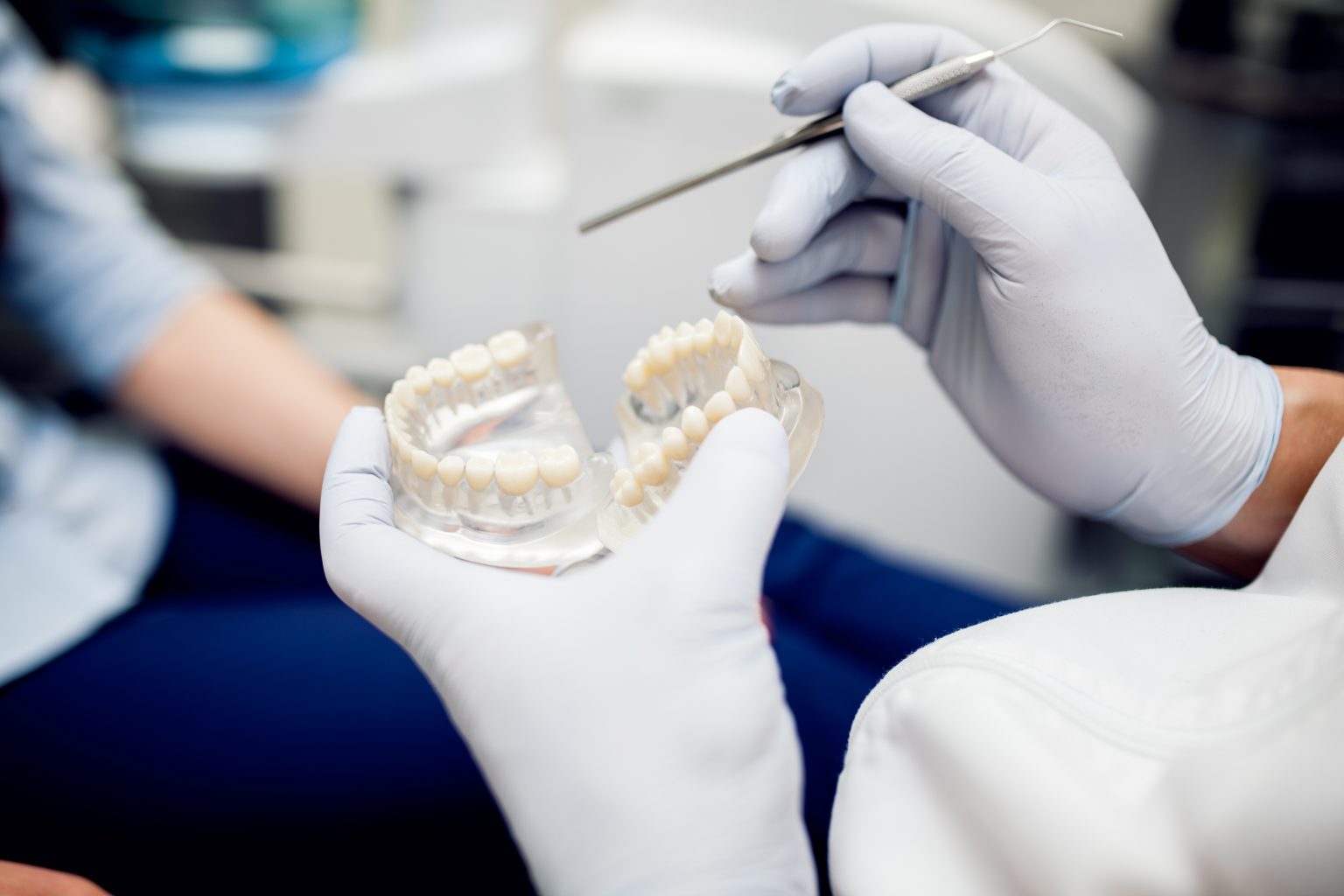Introduction
A tooth extraction is a common dental procedure that many people undergo at some point in their lives. Whether it’s the removal of a problematic wisdom tooth or an extraction due to severe decay, proper post-operative care is crucial for a smooth recovery. In this blog, we will provide a comprehensive guide on caring for your mouth after a tooth extraction. We’ll cover the steps to take, what to expect, and tips to ensure a speedy and complication-free healing process.

Understanding the Healing Process
Before diving into post-extraction care, it’s important to understand the natural healing process your body goes through after a tooth extraction. When a tooth is removed, a blood clot forms in the socket to protect the exposed bone and nerves. Over time, this clot is replaced by soft tissue and eventually new bone growth. The initial healing usually takes a few days, but complete recovery can take several weeks.
Immediate Post-Extraction Care (First 24 Hours)
The first 24 hours following a tooth extraction are critical for preventing complications. Here’s what to do:
- Bite Gently on Gauze: Immediately after the extraction, your dentist will place a piece of gauze over the socket. Bite down on it gently but firmly for about 30-45 minutes to help the blood clot form.
- Avoid Rinsing and Spitting: For the first 24 hours, avoid any vigorous rinsing or spitting, as this can dislodge the blood clot.
- Rest: Engage in minimal physical activity and get plenty of rest. Avoid strenuous exercise for the first few days.
- Pain Management: If you experience pain, take over-the-counter pain medication as prescribed by your dentist. Follow the dosing instructions carefully.
- Ice Packs: Applying an ice pack to your cheek for 15-20 minutes at a time can help reduce swelling and discomfort.
Oral Hygiene After Extraction
Proper oral hygiene is crucial for preventing infection and ensuring a successful recovery:
- Gentle Rinsing: After the first 24 hours, rinse your mouth with warm saltwater (1/2 teaspoon of salt in 8 ounces of warm water) after every meal and before bed. This will help keep the area clean.
- Brush Carefully: Continue brushing your teeth, but be extremely gentle around the extraction site. Use a soft-bristle toothbrush to avoid irritation.
- Avoid Commercial Mouthwash: Avoid using commercial mouthwash for the first week, as it can be too harsh. Stick to saltwater rinses.
Diet and Nutrition
Your diet plays a significant role in the healing process:
- Soft Foods: Stick to a soft-food diet for the first few days. Options include yogurt, applesauce, mashed potatoes, and soups.
- Avoid Certain Foods: Steer clear of hard, crunchy, and spicy foods, as they can irritate the surgical site.
- Stay Hydrated: Drink plenty of water to stay hydrated, but avoid using straws, as the suction motion can dislodge the clot.
Complications to Watch For
While most extractions heal without issue, it’s important to be aware of potential complications:
- Dry Socket: This occurs when the blood clot is dislodged or dissolves prematurely, exposing the bone. It can be extremely painful. If you experience severe, throbbing pain, contact your dentist immediately.
- Infection: If you notice increasing pain, swelling, or a foul taste in your mouth, it could be a sign of infection. Contact your dentist for evaluation and treatment.
- Excessive Bleeding: Some bleeding is normal, but if it continues beyond the first 24 hours or is heavy, consult your dentist.
- Nerve Damage: While rare, nerve damage can occur during extraction. Signs include numbness or tingling in the lips, tongue, or chin. Contact your dentist if you experience these symptoms.
Follow-Up Appointments
Your dentist will likely schedule a follow-up appointment to check on your healing progress. Be sure to attend this appointment and follow any additional instructions provided.
Conclusion
Caring for your mouth after a tooth extraction is essential for a smooth and uneventful recovery. By following these guidelines and being vigilant for potential complications, you can ensure that your healing process is as comfortable and quick as possible. Remember that everyone’s healing time varies, so be patient and consult your dentist if you have any concerns or questions during your recovery.



